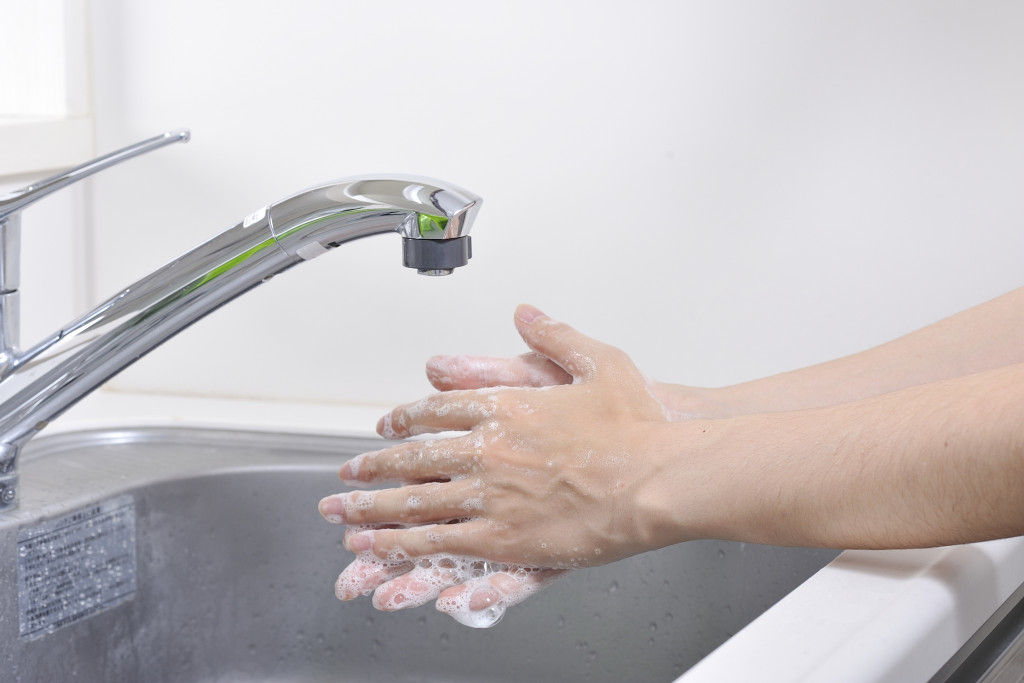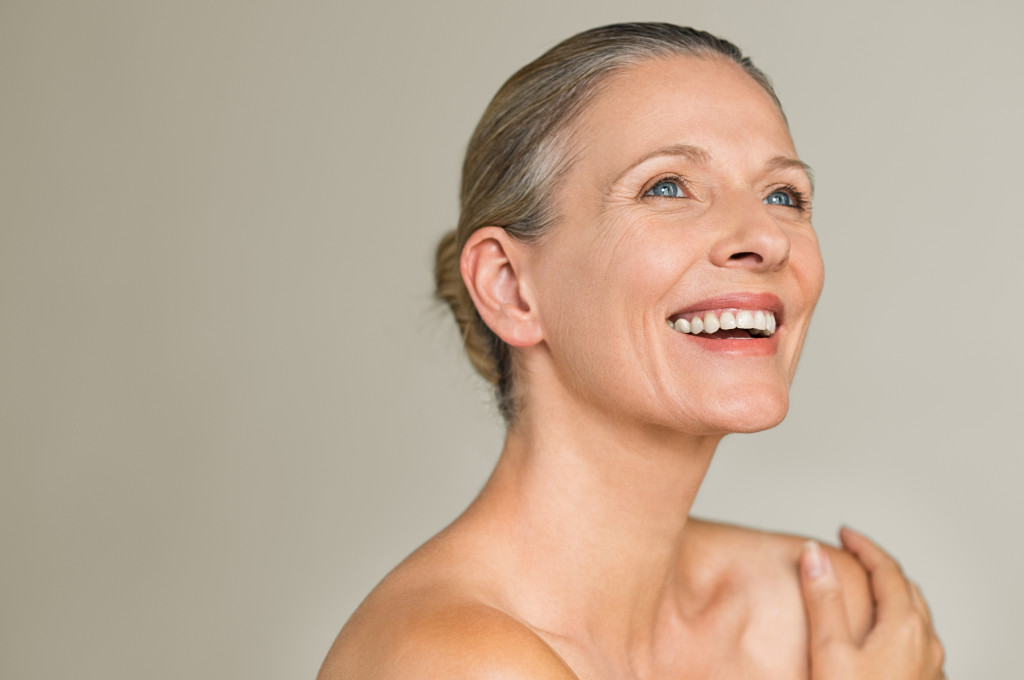With so many skincare products out on the market today, trying to decide on the best soap for cleaning your face can be confusing. Should you stick with liquid soap or will bar soap be good for you? Which is better: a non-foaming solution or a foaming solution?
Before, the only choices that you had in terms of facial cleansers were cold creams and bar soaps. Now, stores are stocked with a variety of facial-cleaning options. However, not all of these soaps are good for your face. How do you figure out which moisturizing and whitening soaps work for you?
Why Does Facial Cleansing Matter?
Cleaning your face — why is this an important personal task?
The face has many sebaceous glands, which makes it oilier than the skin on other parts of your body. Apart from that, whenever you apply foundation, primer or any other cosmetics, these products create a film on the skin, which can trap pollutants from the environment like cigarette smoke and dust.
To keep your face from being too oily or dirty, make sure to wash your face twice a day — once before bedtime and once in the morning. Also, wipe off all of your makeup each night before you wash your face.
When it comes to washing your face, the rule is “Always be gentle.” Many people are inclined to wash their face aggressively, thinking that it can get rid of the dirt and oil on your skin. However, that’s not always true.
Before you scrub your face aggressively, keep in mind that the skin on your face is delicate. Your skin’s top layer (also known as the stratum corneum) has fewer cell layers than other parts of your body (not counting your genitalia). This makes this layer more irritated than the others.
By cleaning your face often, you’ll get celebrity-like smooth skin. Think Kristen Stewart, Anne Hathaway or even BTS’ Kim Taehyung.
What Types of Soaps Are In The Market?
Since not all skin types are the same, the same principle applies to soaps. No two soaps are the same. In fact, there are different types of soaps available. The list includes:

True Soaps
True soaps are formulated in the traditional way and are often composed of alkali salts from fatty acids. These soaps are still available in the market and are often made by small and big brands. True bar soaps minimize surface tension between water and oil with certain surfactants.
Some people think that using true soap compromises the skin’s pH balance. However, recent studies disprove this theory. According to research, event if you clean your face with true soap, your skin’s pH balance will quickly return to normal levels.
Superfatted Soaps
These soaps are also true soap bars that contain un-saponified oil. The superfatting quality of this soap moisturizes your skin without irritating it. However, superfatted soaps do not clean well and are often heavy on the skin.
Syndet Bars
Most soap bars aren’t technically soap; they’re called ‘syndet bars.’ Syndet is a hybrid term coined from the words “synthetic” and “detergent.” These soap bars are made from synthetic surfactants, which are made from fat, oil or petroleum products. These soaps are processed in ways that are different from traditional saponification. ‘
Instead of alkali saponified vegetable oils and animal fats, syndet bars contain ingredients like betaines, sulfonates, sulfosuccinates and sodium cocoyl isothionate. But just because they’re made from synthetic ingredients, it doesn’t automatically mean that they aren’t good for your skin. In fact, soap-free cleansing bars can be gentle. Good examples of gentle syndet bars are Eucerin, Dove and Cetaphil bars.
How To Pick The Right Soap for Your Face
- Use a product that’s made for your face. Facial soaps are often designed for sensitive skin. However, there are soaps that might be too hard for your face and may contain scrubbing materials, dyes or fragrances.
- Pick a non-foaming soap. Foaming cleansers are fun and cool, but they contain ingredients that can irritate your skin, especially if you have dry or sensitive skin.
- Start with something mild. Go with the mildest cleanser to get rid of residue and oil.
- Consider your skin type. Some cleansers are designed for oily and acne-prone skin while others are designed for dry skin. If a regular cleaner doesn’t work for you, look for a product that is matched to your skin type.
- Use a facial cloth. A facial cleansing cloth already has soap embedded in it. The cloth can also exfoliate your skin by sloughing off dead skin cells that can cause acne and clog your pores.
With so many soaps available in the market, it’s easy to buy just any soap. However, not all soaps are good for your skin. Consult with your dermatologist first!



